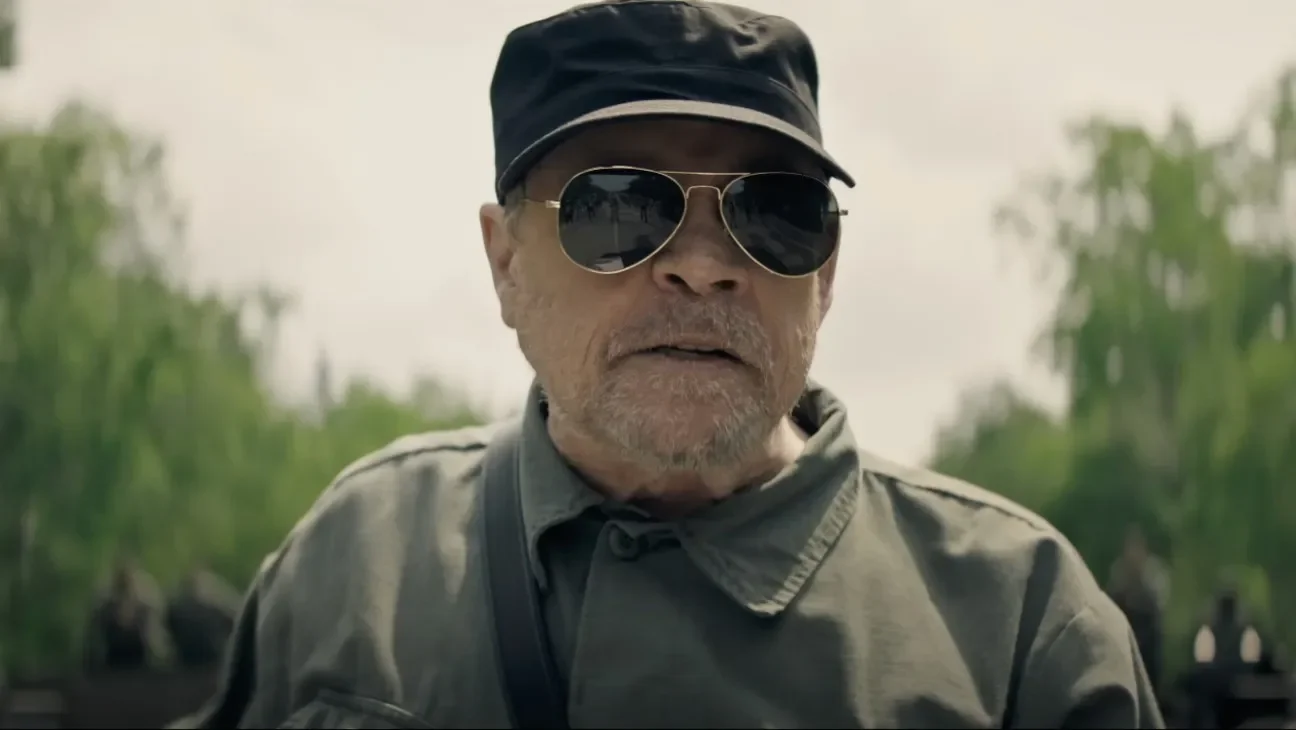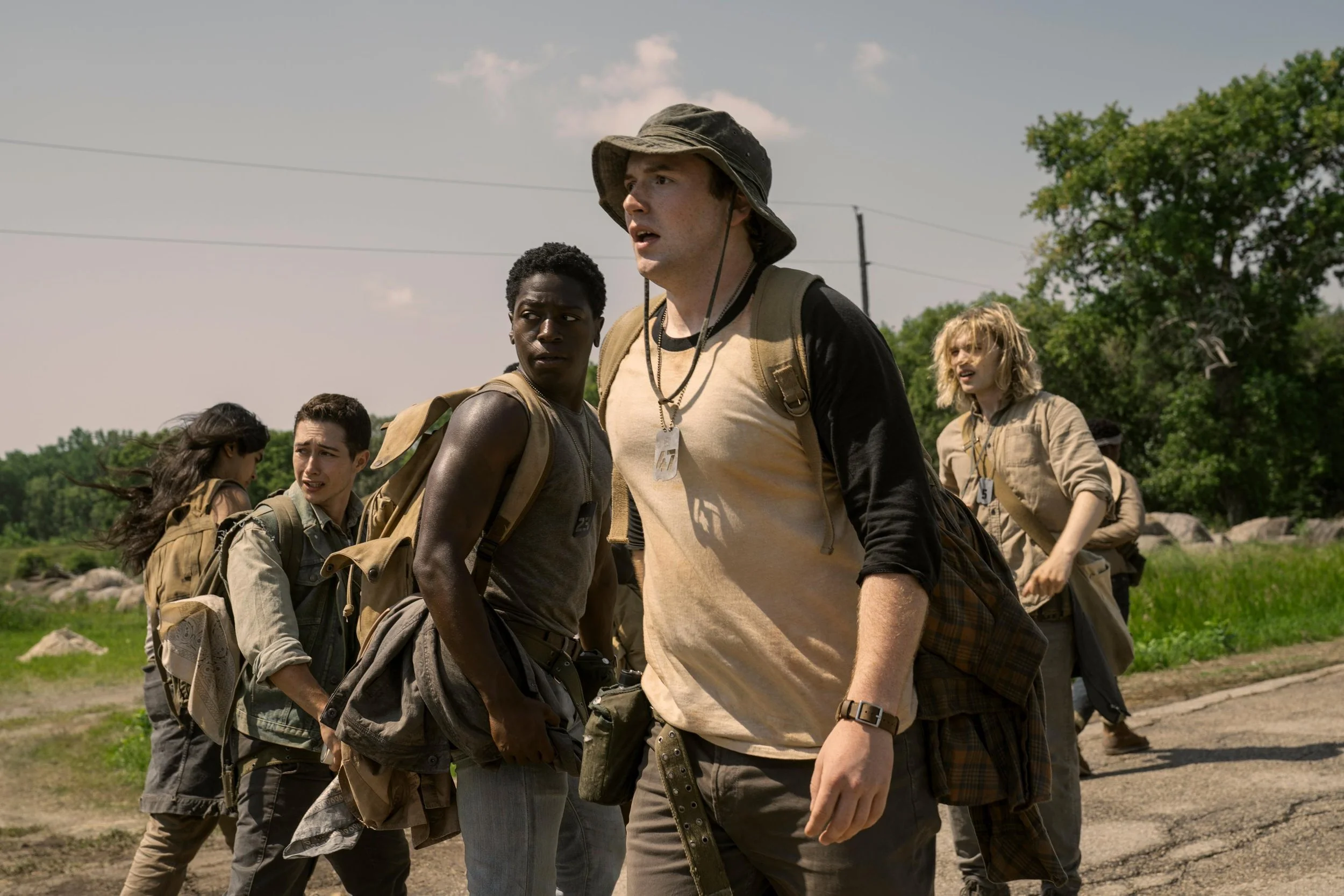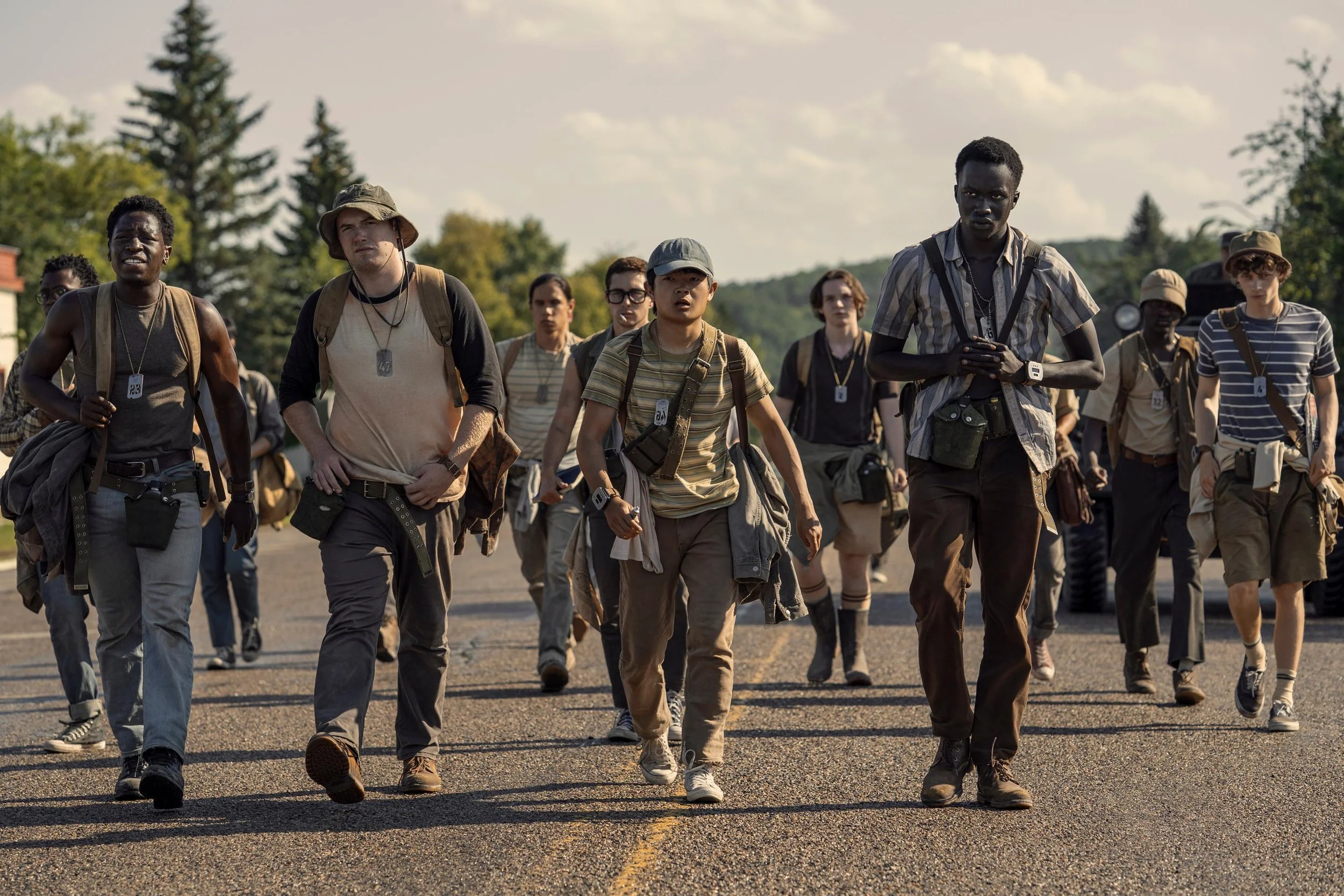‘The Long Walk’ Review: A Minor Work from Lawrence
Because director Francis Lawrence is such a storied visual artist, ‘The Long Walk’ can mostly overcome its shoddily written screenplay as it continuously coddles the audience.
Few seemingly appreciate the genius behind Francis Lawrence’s body of work, but I’ve always had a fond appreciation for his movies, whether the cult hit ‘Constantine’ or his beloved entry in the Hunger Games saga, which is still going strong with the upcoming adaptation of ‘Sunrise on the Reaping’. In between production on the prequel installments of Suzanne Collins’ bestselling novels, Lawrence made a relatively low-budget adaptation of Stephen King’s first-ever book, ‘The Long Walk’ with a star-studded cast of burgeoning actors looking to solidify their talents.
Strangely enough, King’s text shares many similarities with The Hunger Games, in the dystopian world its characters live in where a group of teenagers are randomly selected to participate in the titular long walk. The selected few must, for several days, continuously walk to a speed of three miles per hour, without stopping, until one is left. If they go below the requirements, they are warned three times until they are killed in front of the other contestants. When the contest ends, the winner will be able to get whatever they want as their prize. This is all supervised by an unnamed major (played in the movie by Mark Hamill), who, we learn, is a key player in the totalitarian regime America is now under.
Watching the movie, Lawrence’s visualization of King’s novel, through a screenplay written by JT Mollner, doesn’t seem that far off from what the United States is currently going through. Many astute moviegoers may find similarities in the constant military presence now overlooking Democratic-run cities for purely despotic reasons by a decaying fascist. It’s a terrifying world we live in, one starkly echoed through King’s text, which has remained ever-so-timely long after its release. In a way, this feels like a great companion piece for Lawrence’s Hunger Games movies, notably ‘The Ballad of Songbirds and Snakes’, which examines how unfettered power will corrupt even the most benevolent of human beings.
Unfortunately for Lawrence, The Long Walk feels minor compared to literally every other movie he has directed, thanks to one of the year’s most handholding screenplays. If you thought ‘Strange Darling’ was bad, chances are your opinion on Mollner won’t change by the time The Long Walk cuts to credits, with a sobering final shot that, thanks to Lawrence and cinematographer Jo Willems, has some impact, but isn’t as powerful as it should be. The main problem is how Mollner treats each character, whether Cooper Hoffman’s Ray Garraty, David Jonsson’s Peter McVries or Ben Wang’s Hank Olson, as exposition devices, not as the fully-fledged and compelling human beings they were in the book.
Hoffman’s Garraty is the one who gets the most development, as we see the walk through his eyes, before Lawrence switches perspectives in the climax, which is a departure from how the original source material ended. He has a mother (Judy Greer) waiting for him at home, and a dark past that puts him head-to-head with the Major, who was directly responsible for the execution of his father (Josh Hamilton). We ultimately want to root for his success as the remaining walker, because we constantly flash back to his past, or have seen the close relationship he has with his mother. This is illustrated in the opening scene, or in a moment where they walk near her, and he desperately tries to give her a hug during the walk. This puts him at risk of being killed, but his mother encourages her to go on, giving some much-needed texture to a movie in desperate need of it.
There’s tangible human stakes being shown, while the other characters have to explain to us why they’re walking, and what prize they want to get. That’s fine and all, until Mollner has the characters overexplain every minute detail of their lives to the point where the alchemy (or rivalry, especially when Charlie Plummer’s Gary Barkovitch is directly responsible for something terrible occurring during the walk) between the characters doesn’t feel natural. They always have to repeat ad infinitum who they side with, and who they hate, almost as if the audience can’t grasp this by simply watching them walk and eventually struggle as the finish line seems eternal.
It makes its connection with the characters always feel distanced, and never as intimate as Lawrence and Willems paints them in, especially through a deft use of medium shots and focus pulls as the violence intensifies and our protagonists never get used to the senseless physical and mental carnage the walk brings to them.
But the repetition of dialogues never allows for any moment of emotional potency, where we sit with the characters and let the images speak for themselves. Sometimes, Mollner’s script will allow Lawrence to do that, and, shocker (not really), they’re the most impressive scenes of the movie. One bravura setpiece as the teenagers climb a hill is visually jaw-dropping and harrowingly intense. In this case, no one can speak, because everyone climbing the hill is already out of breath and completely exhausted, to the point where delirium has settled in and they have to overcome that sensation through extreme physical exertion. Some give up and are immediately killed, while the few who have managed to plow through carry on.
Because Lawrence is in the director’s chair, we at least have images that carry raw meaning, and the filmmaker knows how to direct his ensemble with a profound sense of humanism. Hoffman and Jonsson, in particular, are incredible, and imbue their respective portrayals of Garraty and McVries with so much unprocessed guilt that it’s not hard to feel an ounce of compassion towards them as they attempt to accomplish the impossible. They have to walk or die, and from what they’ve seen, the walk itself looks to be a death sentence on its own.
Had Mollner been the director, I doubt The Long Walk would work as much as it does. It’s only because of Lawrence’s understanding of the visual needs of his picture that we’re always on the edge of our seats. His camera guides us through the walk’s desolate towns and endless roads, which visualize this dystopian America in a way that predates what’s essentially going to happen to this allegedly once great nation (it never was), as we see it becoming a totalitarian state in front of our very eyes.
It’s just a shame that the screenplay feels so pedestrian and reeks of unconfidence, just like Mollner’s previous filmmaking effort was, because if The Long Walk at least makes you think about where this world is going, it has (mostly) succeeded. However, the journey getting there is as arduous and never-ending as is the film’s titular event, which could’ve worked. Unfortunately, we remain amazingly cold when the movie switches its tragic coda for something even more powerful, but without any ounce of devastation than we had when we reached the end of King’s book and already knew he would become one of the great authors of any time…




